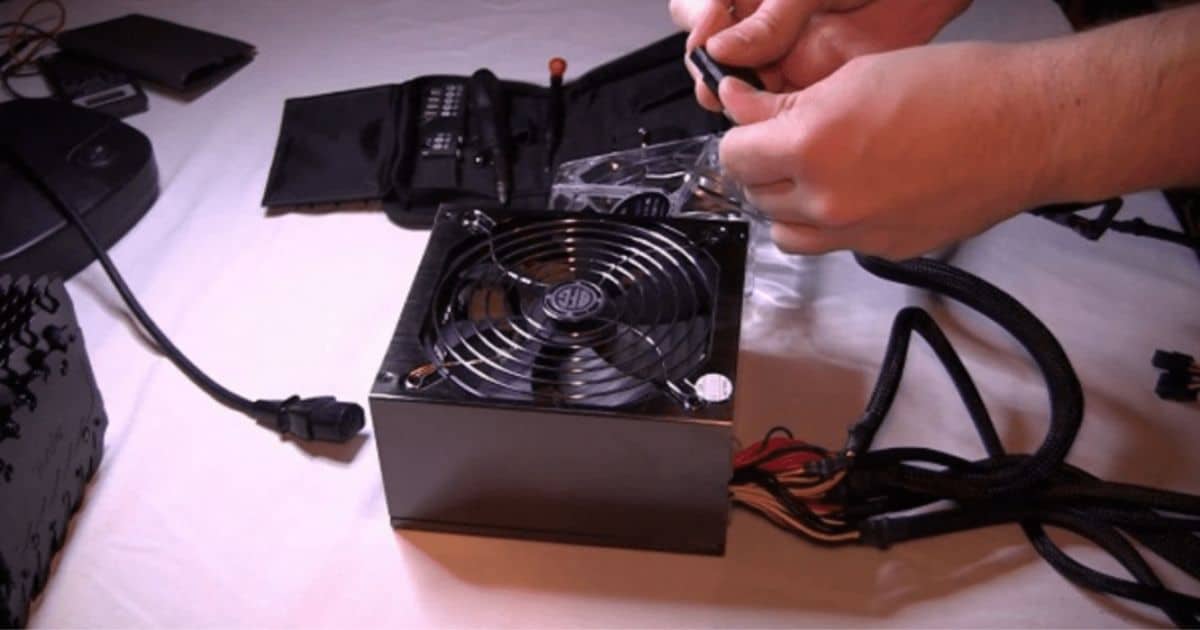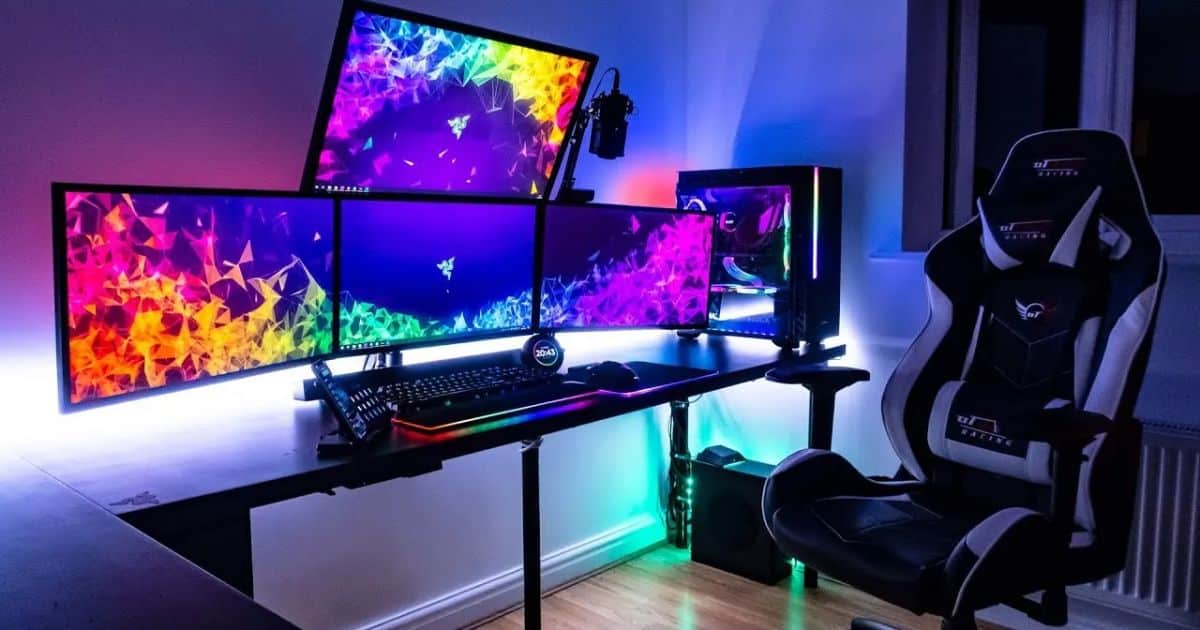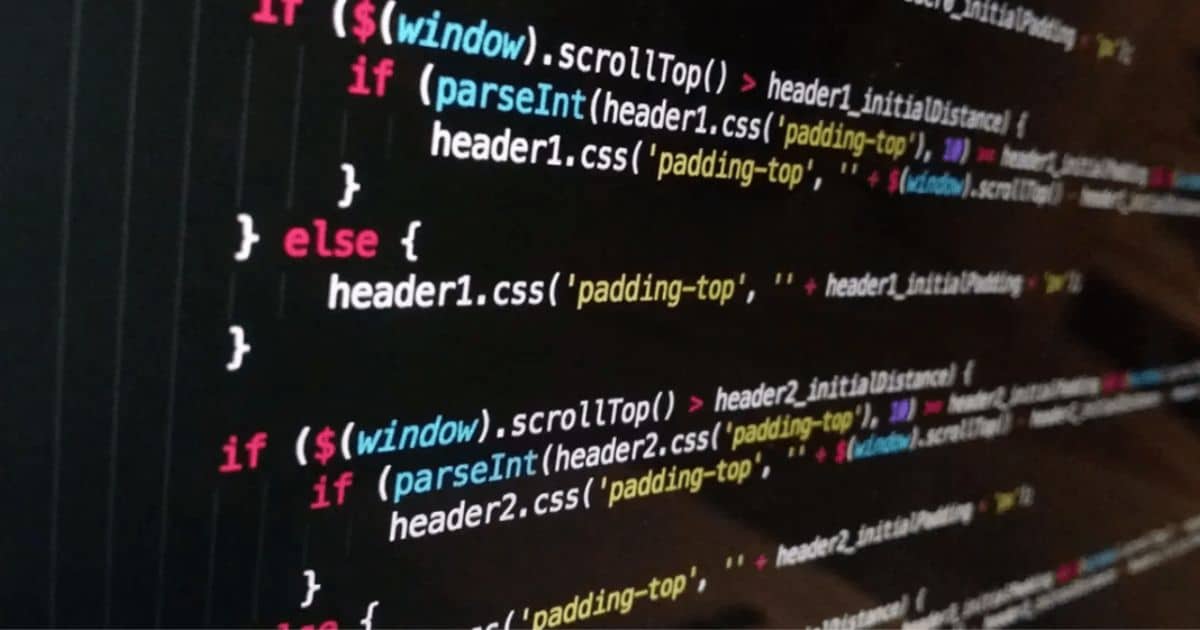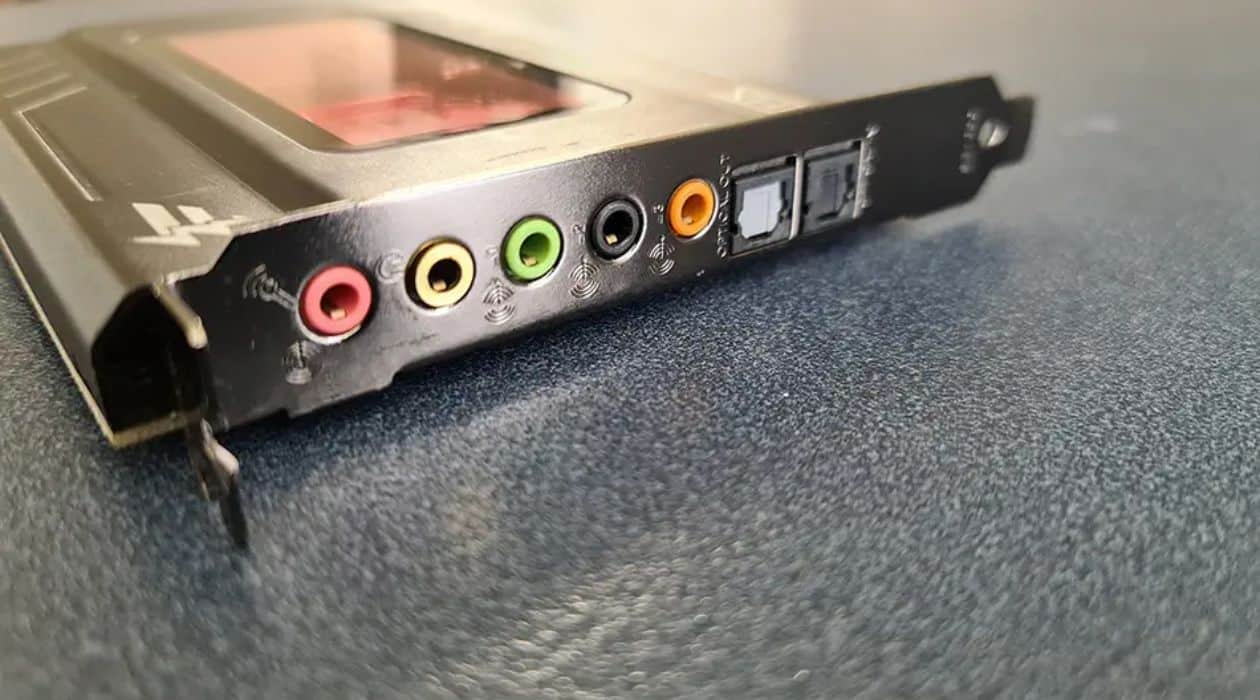How Many Watts Does A Gaming Pc Use? A gaming PC is ideal for those who want to enjoy the most advanced gaming experiences. With the right specs, a gaming PC can provide smooth, lag-free gaming performance with stunning visuals and sound. Gaming PCs have various features. They range from high-end processors and graphics cards to advanced cooling systems and sleek designs.
Have you ever wondered how much power a gaming PC needs to run? How Many Watts Does A Gaming Pc Use? Many people assume that gaming PCs need large amounts of wattage to operate, but the truth is that it depends on the hardware and components of the PC. This article will explore the power usage of gaming PCs and how much wattage a gaming PC needs to run.
A gaming PC uses between 400 to 700 watts of power. A gaming PC needs this power to run its many components, such as the graphics card, processor, and cooling system. Some higher-end gaming PCs may have up to 1000 watts or more power to support more powerful hardware.
Understanding Power Consumption
Power consumption is the amount of electrical energy a device consumes to operate. In the case of a gaming PC, power consumption refers to the amount of electricity the PC needs. It includes the processor, graphics card, motherboard, memory, storage drives, and cooling system.
Power Consumption is Measure:
Watts (W) measure power consumption. The power unit, watt, represents the amount of energy, one joule, used per second. Measure power consumption using a wattmeter between the power outlet and the estimated device.
Factors Affecting Power Consumption in Gaming PCs:
Several factors affect the power consumption of a gaming PC, including:
1. CPU:
The central processing unit (CPU) is one of the most watts power-hungry components in a gaming PC. The clock speed and number of cores influence its power consumption.
2. GPU:
The graphics processing unit (GPU) is another major power consumer in a gaming PC. Factors such as clock speed, number of cores, and memory bandwidth determine the power consumption of the GPU.
3. Motherboard:
The number of components influences power consumption. It is the backbone of a gaming PC.
4. RAM:
A gaming PC’s random access memory (RAM) stores data that the CPU needs to access. The power consumption of RAM depends on its speed and capacity.
5. Storage drives:
The power consumption of storage drives in a gaming PC depends on their type, speed, and ability. Solid-state drives (SSDs) generally consume less power than traditional hard disk drives (HDDs).
6. Cooling system:
Gaming PCs must dissipate heat to prevent component damage. The cooling system can impact the power consumption of a gaming PC. It includes fans, liquid cooling pumps, and radiators.
Average Power Consumption of Gaming PCs:
The power usage of a gaming PC depends on the system’s workload and the specific components utilized. Estimate the total power consumption of a gaming PC. Then use typical power consumption values for various parts.
Typical Power Consumption of Various Gaming PC Components
The following table shows various gaming PC components’ typical power consumption values.
| Component | Specific Power Consumption (W) |
| CPU | 65 – 180 W |
| GPU | 75 – 350 W |
| Motherboard | 15 – 60 W |
| RAM | 2 – 10 W |
| SSD | 0.5 – 5 W |
| HDD | 3 – 8 W |
| Cooling system | 5 – 30 W |
Estimating Power Consumption of a Gaming PC
It’s important to note that the actual power consumption of a gaming PC in watts can vary. Factors such as the specific components used, the workload on the system, and the power supply’s efficiency all contribute to this. Choosing a power supply that can provide more power than the estimated total power consumption is a good idea. It will ensure stable and reliable operation.
Power Supply Requirements for Gaming PCs
A good power supply is critical for a gaming PC’s performance and stability. If a power supply in watts is not powerful enough, it can lead to system crashes, hardware damage, and reduced performance. So, choosing the proper power supply for a gaming PC is essential.
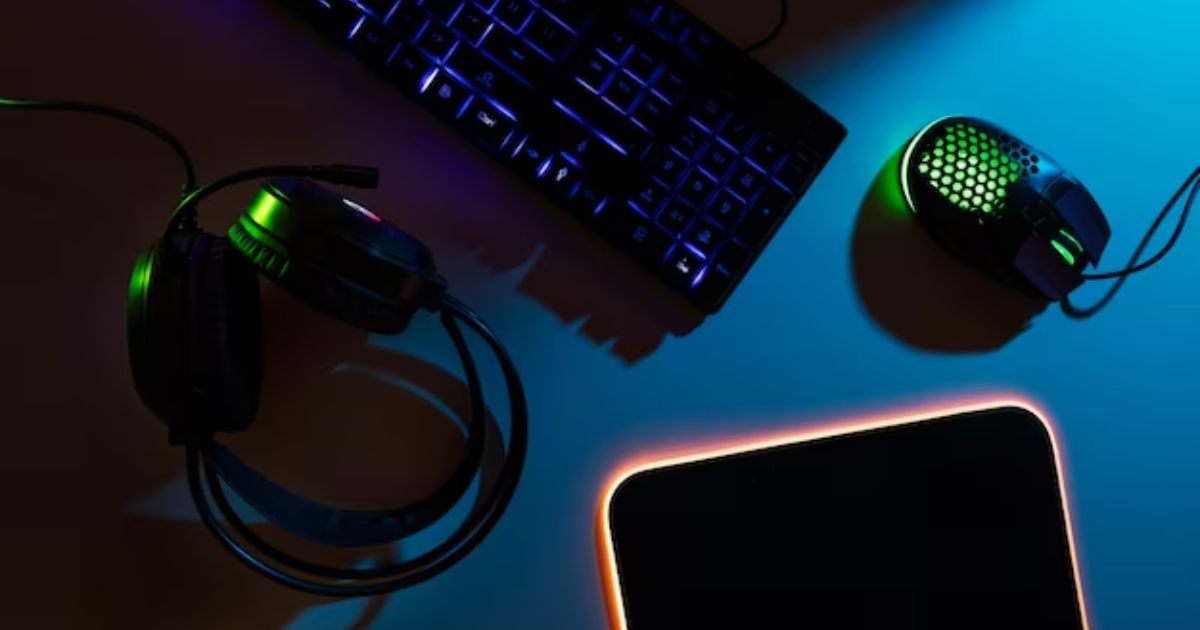
Importance of an Enough Power Supply
A power supply converts AC power from a wall outlet into DC power that a gaming PC’s components can use. If a power supply cannot provide enough power to the members of a gaming PC, it can cause stability issues and damage the components. So, a power supply in watts that is too powerful can waste energy and increase the cost of operation.
How to Choose the Right Power Supply for a Gaming PC
How Many Watts Does A Gaming PC Use? Choosing the proper power supply for a gaming PC depends on several factors. These include the components in the system and the power consumption of those components. The power supply’s efficiency also needs to be taken into account. Here are some guidelines to follow when selecting a power supply for a gaming PC:
Determine the system’s power consumption:
Calculate the gaming PC’s estimated power consumption based on the system’s components. Add a 10-20% buffer to the estimated power consumption to ensure stable operation.
Choose a power supply with enough wattage:
Choose a power supply. Make sure its wattage rating meets the system’s estimated power consumption. For example, if a gaming PC’s estimated power consumption is 500 watts, choose a power supply with a rating of at least 500 watts.
Consider the efficiency rating of watts:
The percentage of power converted from AC to DC power rates the efficiency of power supplies. Choose a power supply with an efficiency rating of at least 80 Plus Bronze to ensure that the power supply is efficient and doesn’t waste energy.
Power-Saving Tips for Gaming PCs
Gaming PCs can consume significant power. It can lead to higher energy bills and an increased carbon footprint. Several ways exist to optimize power consumption. Reduce energy usage while enjoying the gaming experience.
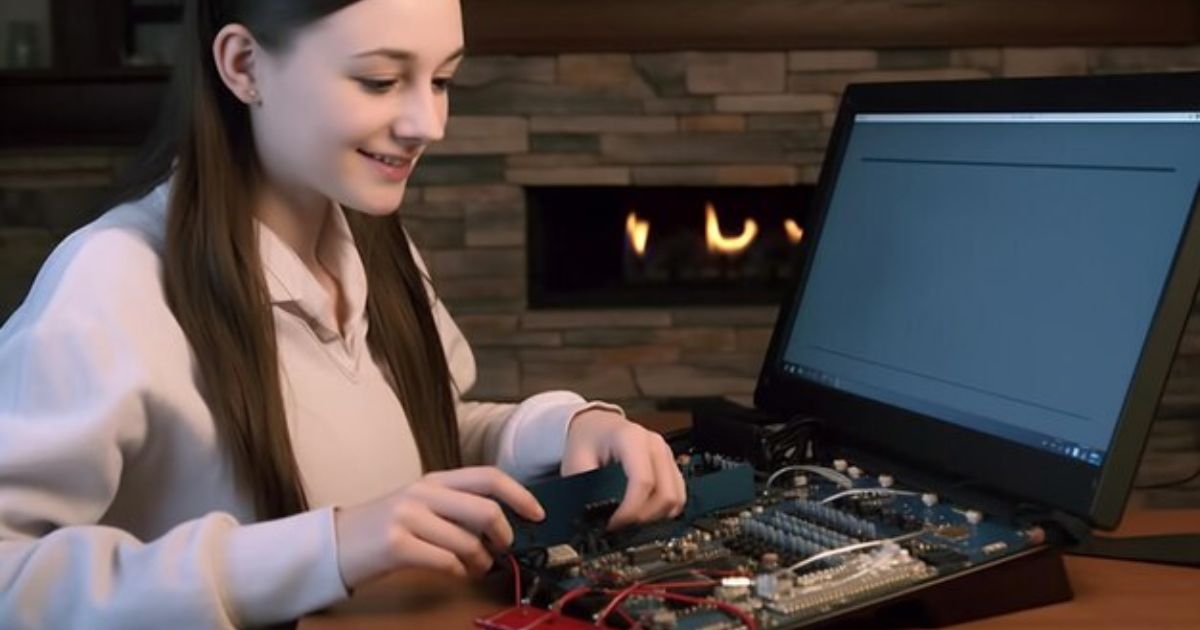
Optimizing Power Consumption for Gaming
Use power-saving features: Most gaming PCs have power-saving features, such as sleep mode and hibernation, that can help reduce idle power usage. Configure these features to activate after a set period of inactivity to save energy.
Choose energy-efficient components: When selecting features for a gaming PC, choose energy-efficient ones, such as CPUs and GPUs with low TDP ratings. These components consume less power and generate less heat, reducing the need for cooling.
Close unnecessary programs: Programs running in the background consume system resources and can increase power usage. Close any unneeded programs and background processes before gaming to reduce power consumption.
Best Practices for Reducing Power Usage
Use a power strip: Many peripherals plug into Gaming PCs. They power even when the system is off. Use a power strip to turn off all peripherals when not in use.
Turn off the system when not in use: Turn off the gaming PC when not in use, especially when leaving the house or going to bed. It can reduce energy usage and save on energy bills.
Conclusion
In conclusion, power consumption is essential when building or using a gaming PC. In this article, we’ve discussed all the possibilities regarding How Many Watts Does a Gaming Pc Use?
By following these guidelines, you can optimize the power consumption of your gaming PC and reduce energy usage and costs. You can estimate the power consumption of your gaming PC by using a power supply calculator, which will provide you with an approximate value of your system’s power usage.
It’s important to remember that gaming PCs consume more power than standard desktop computers or laptops due to their high-performance components. Proper planning and power-saving strategies can help you enjoy gaming while reducing your carbon footprint. Whether a casual gamer or an enthusiast, a gaming PC can help you take your gaming experience to the next level.

Brook over 3 years of professional gaming, esports coaching, and gaming hardware reviews to provide insightful expertise across PC, console, and mobile gaming.

